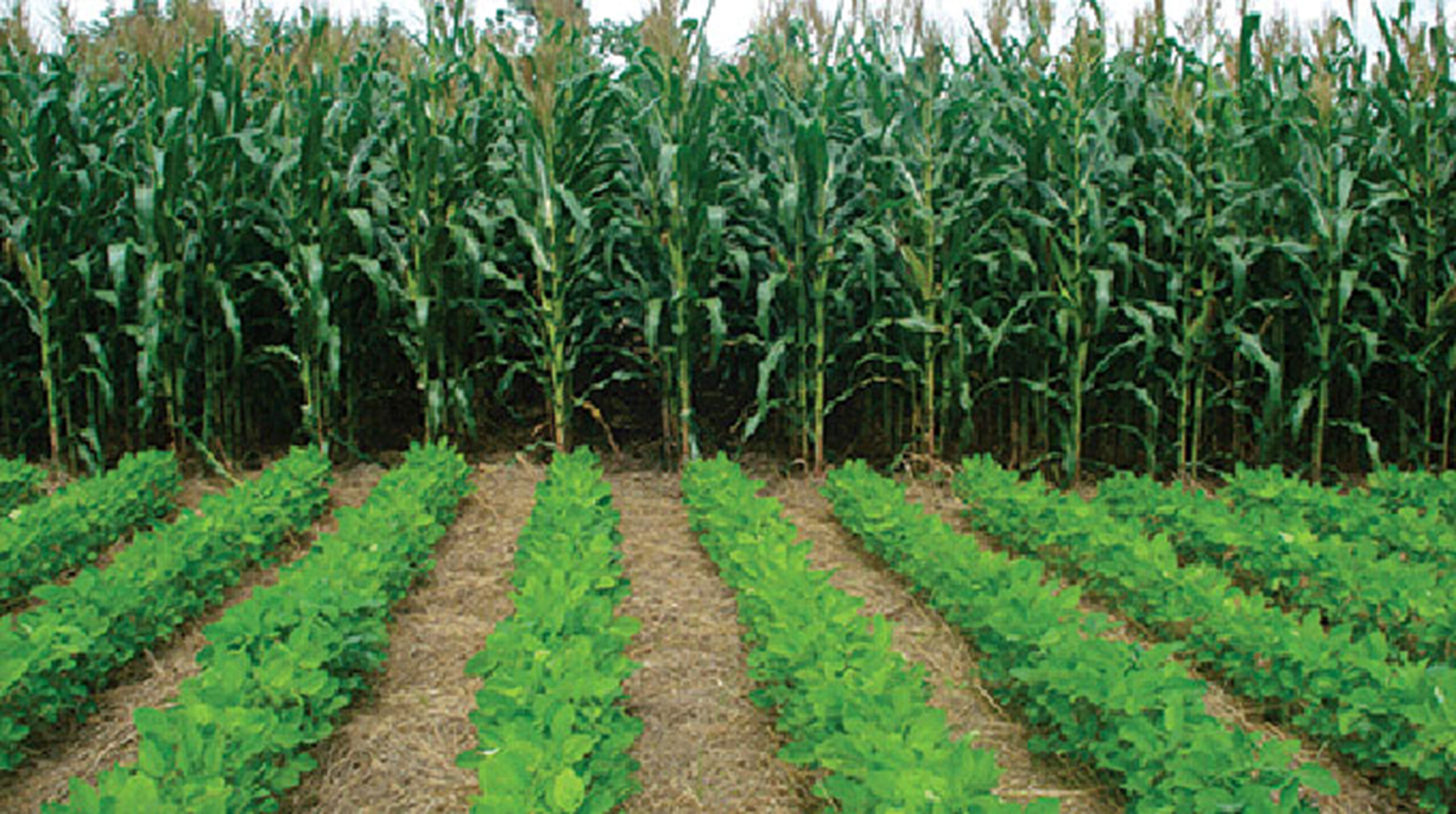
Taruvinga Magwiroto IN much of recent history, Zimbabwe’s agrarian system has been largely shaped by struggles; from the time that one foreign civilisation subdued and conquered a native one, up to the time that the conquered rose and toppled the former.
It is a society that has in fact been shaped by periodic fits of violent revolutions, each period of violence heralding new forms of socio-technical order and a very palpable sense of winners and losers.
A new socio-technical order demands new competences. It demands new ways of organising, new relationships, new understandings and new actions.
But because of the nature of revolutions, there is a time lag between the birth of a new order and the attainment of the requisite new competences for the new order to be successful.
That time lag is a period of adjustment; it is in fact the price of a revolution. Because life does not stop, society will have to learn while doing, accepting the necessary losses that must surely be incurred during the process of learning.
But learn we must, and quickly. The success of Zimbabwe’s agrarian revolution will depend on the extent to which land beneficiaries learn to become competent farmers and producers.
This means in fact looking to the past for clues to proper practices. Therein lies what I will call a temporal dilemma.
To some, there is a certain comfort in reflecting on the past. Deeds done, feats accomplished. To others, that same past may contain horrors untold that we actively try to banish from conscious memory — the kinds that when they intrude in one’s subconscious will wake you up drenched in cold sweat, heart drumming and mouth dry.
- Chamisa under fire over US$120K donation
- Mavhunga puts DeMbare into Chibuku quarterfinals
- Pension funds bet on Cabora Bassa oilfields
- Councils defy govt fire tender directive
Keep Reading
In either case, whether the past is good or bad, familiarity is a friend; familiar friends, familiar foes; familiarity seducing us in a nostalgic fog of the good old days.
Humans naturally find comfort in the familiar as opposed to the disarray that is today and the unknown and unknowable quantity that is tomorrow.
But in a society of black and white, winners and losers, the past is a ghost town. There is a particular folly in living among ghosts. It results in a maintenance of historical status quo; forgoing the potential benefits of a new order.
If you camp long enough among ghosts, you lose grip on reality, and lose opportunities, which today and tomorrow bring.
That is in fact the temporal dilemma that Zimbabwe’s agrarian system finds itself in. For example, there is much that white,former commercial farmers could contribute to the new agrarian order.
There is so much of their competences that could be positively brought to bear on the present. But first, they will have to learn to live among the living; to embrace a new agrarian order in which they no longer call the shots.
They must learn to attain certain forbearance for people so long used to actively directing the arc of history.
On the other hand, there is much that black new farmers can benefit from associating with white, former commercial farmers.
But first, they must learn to achieve the forbearance of gallant winners. Both constituencies need to learn new ways of organising, acting, understanding and relating.
Both constituencies must become brave enough to decamp Ghost Town with its familiar macabre seduction of gold and gore, power and prejudice, and embark on a hopeful journey towards agrarian redemption -together.
- Magwiroto is a lecturer at the University of Zimbabwe, Department of Community and Social Development, Faculty of Social and Behavioural Studies. Qualifications: PhD candidate (UZ), Msc. Communication for Development (Reading, UK), B. Ad.Ed, Dip. Ad.Ed (UZ), Dip. Animal Health and Production (Mazowe).











